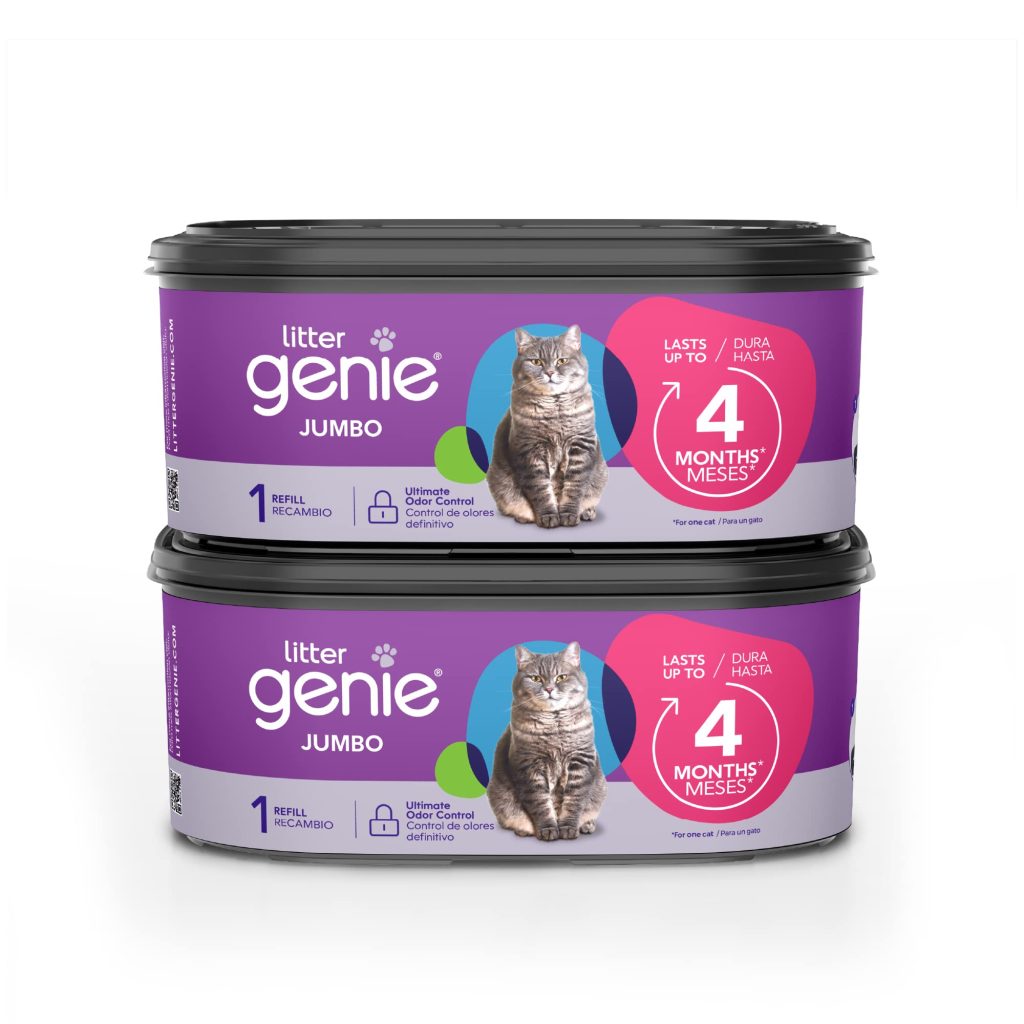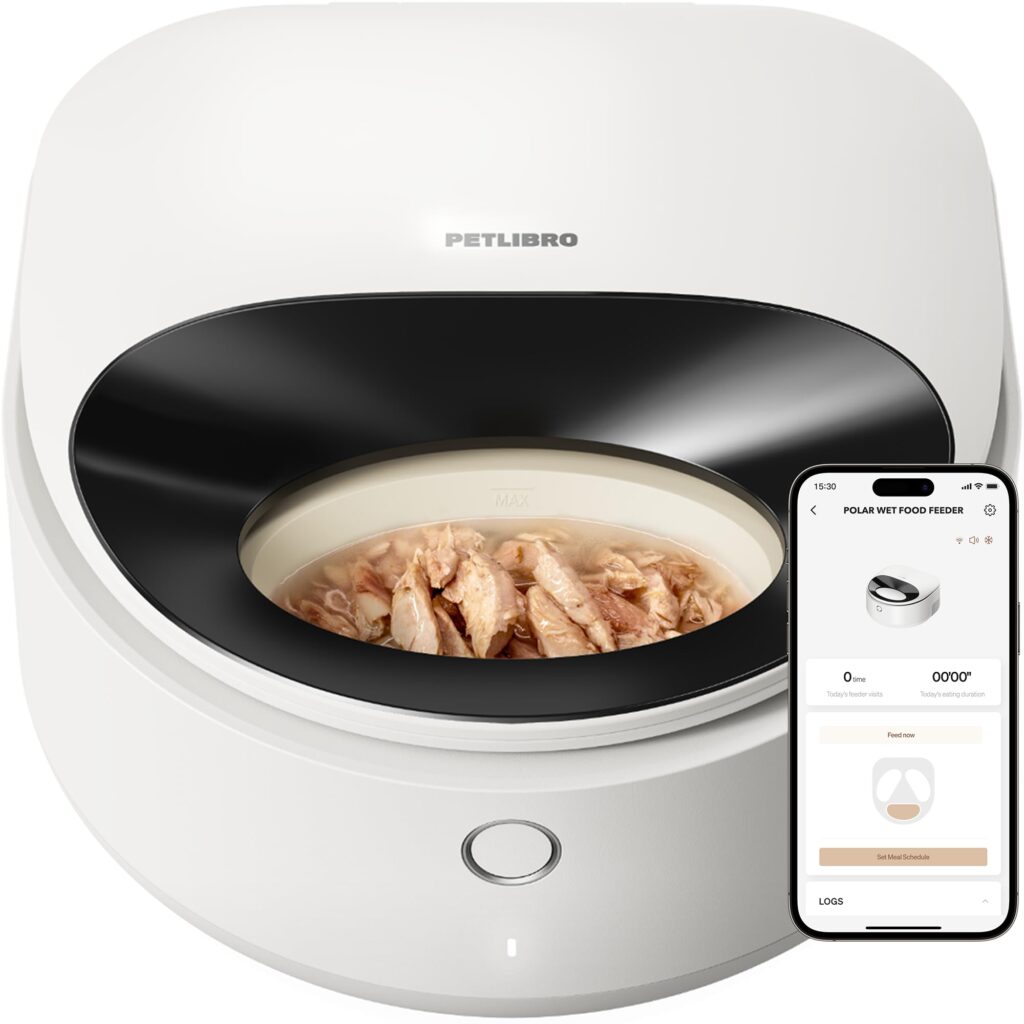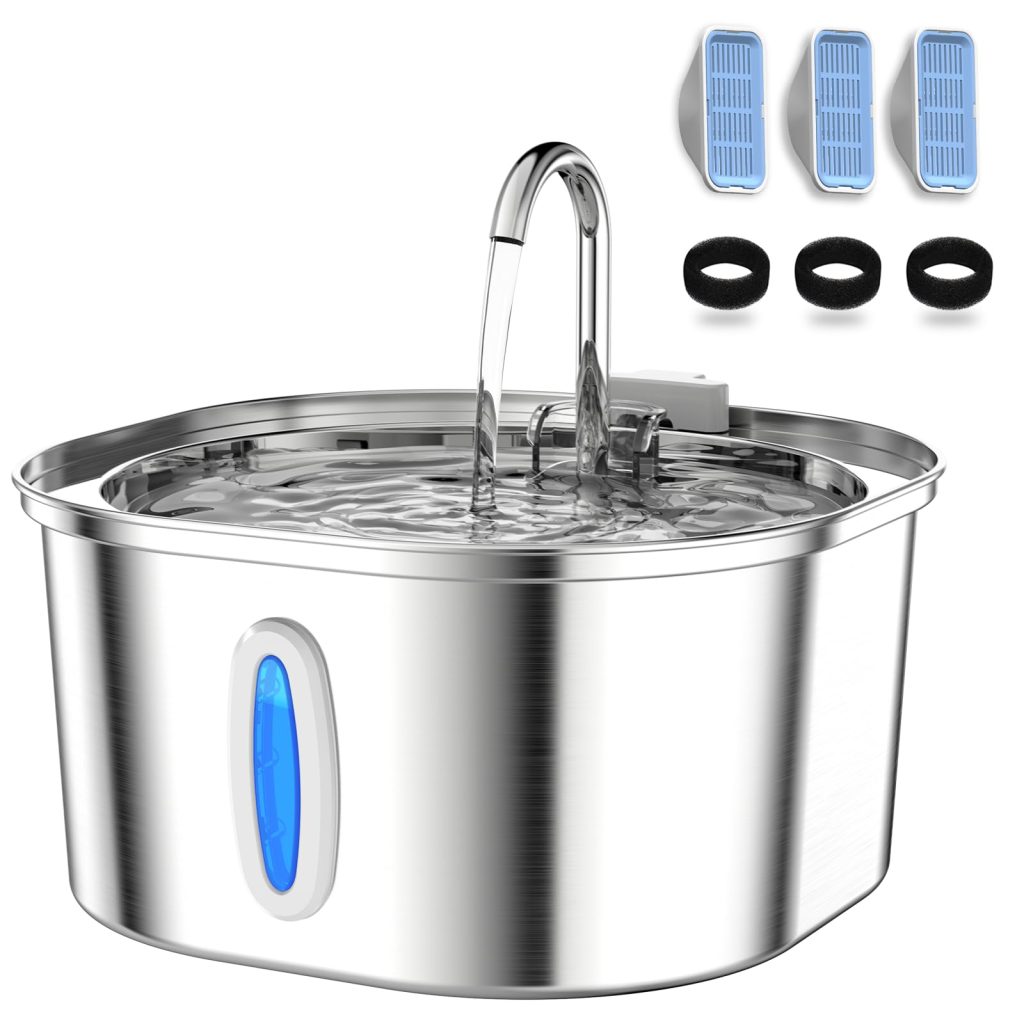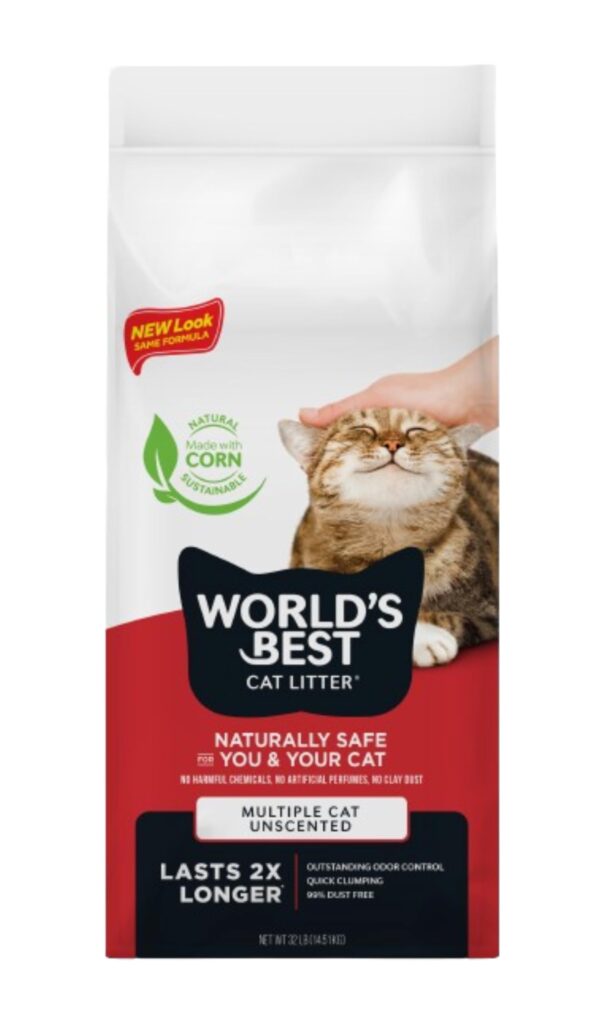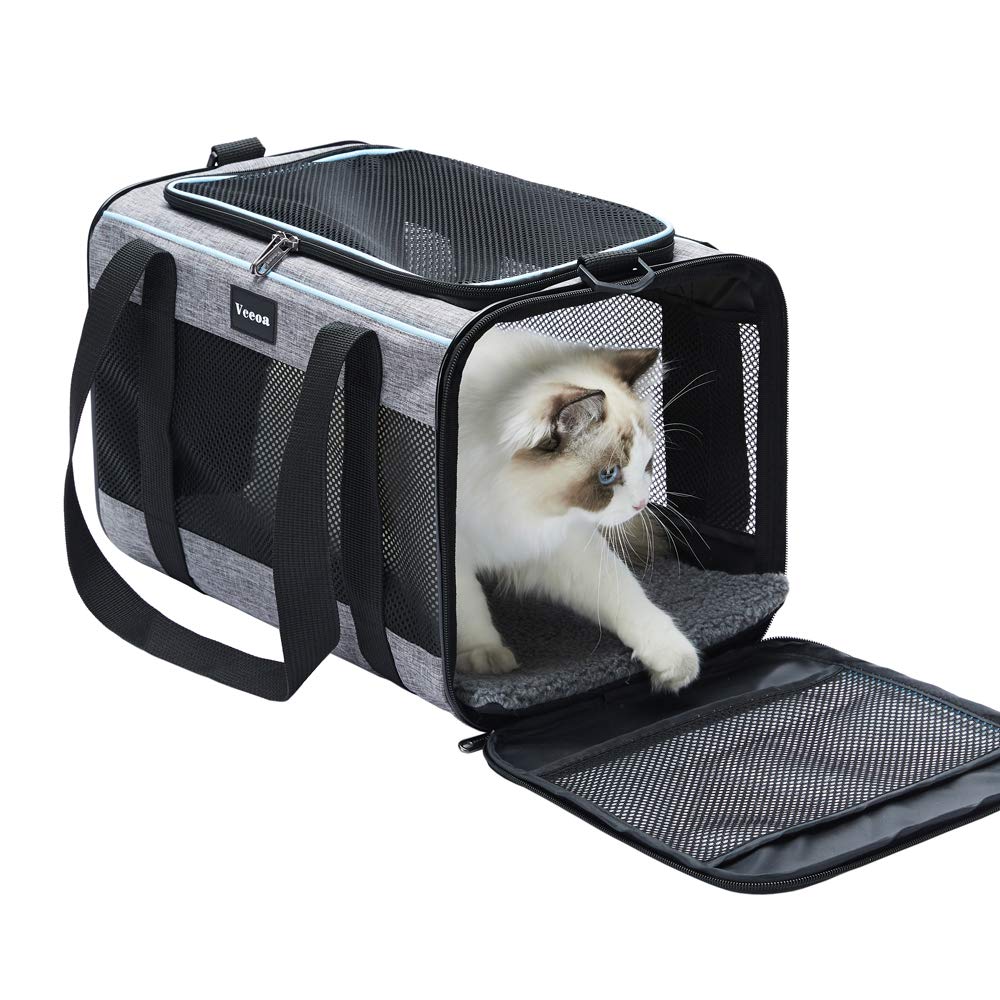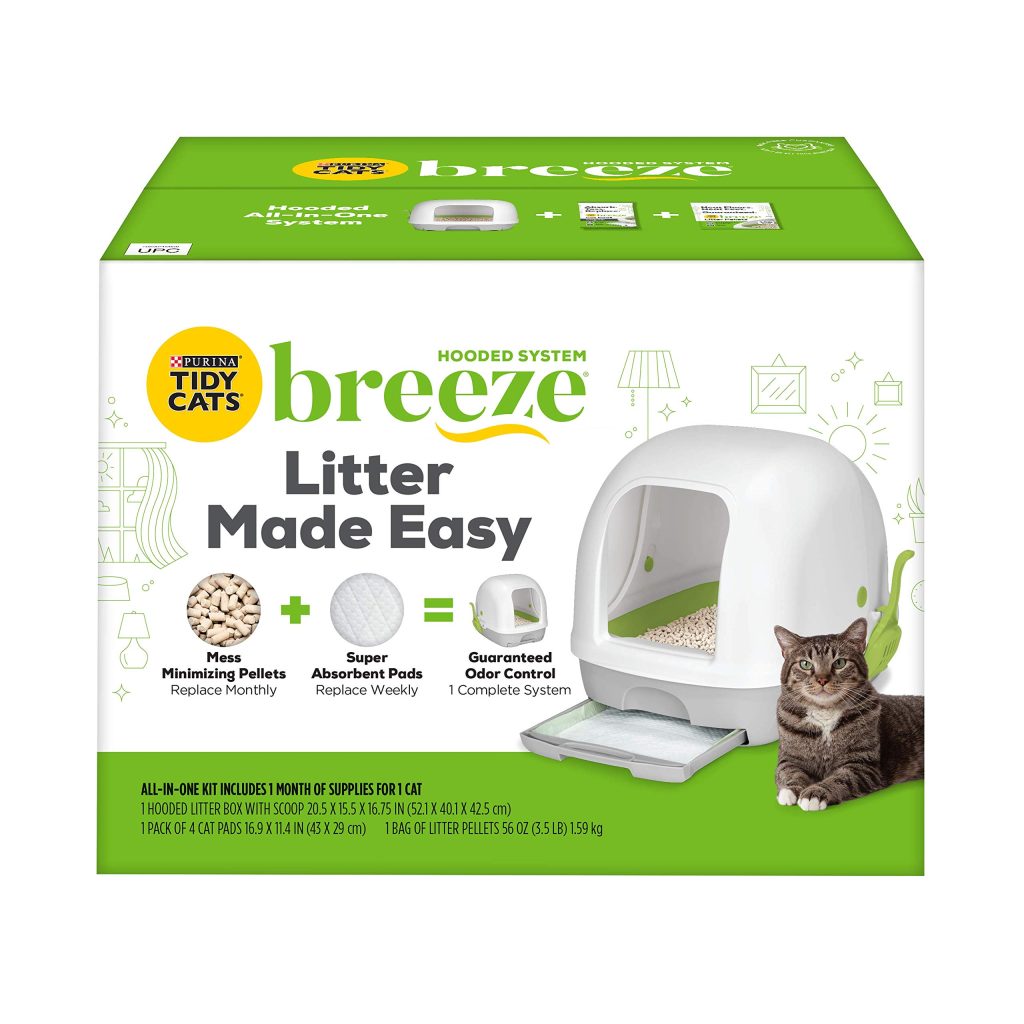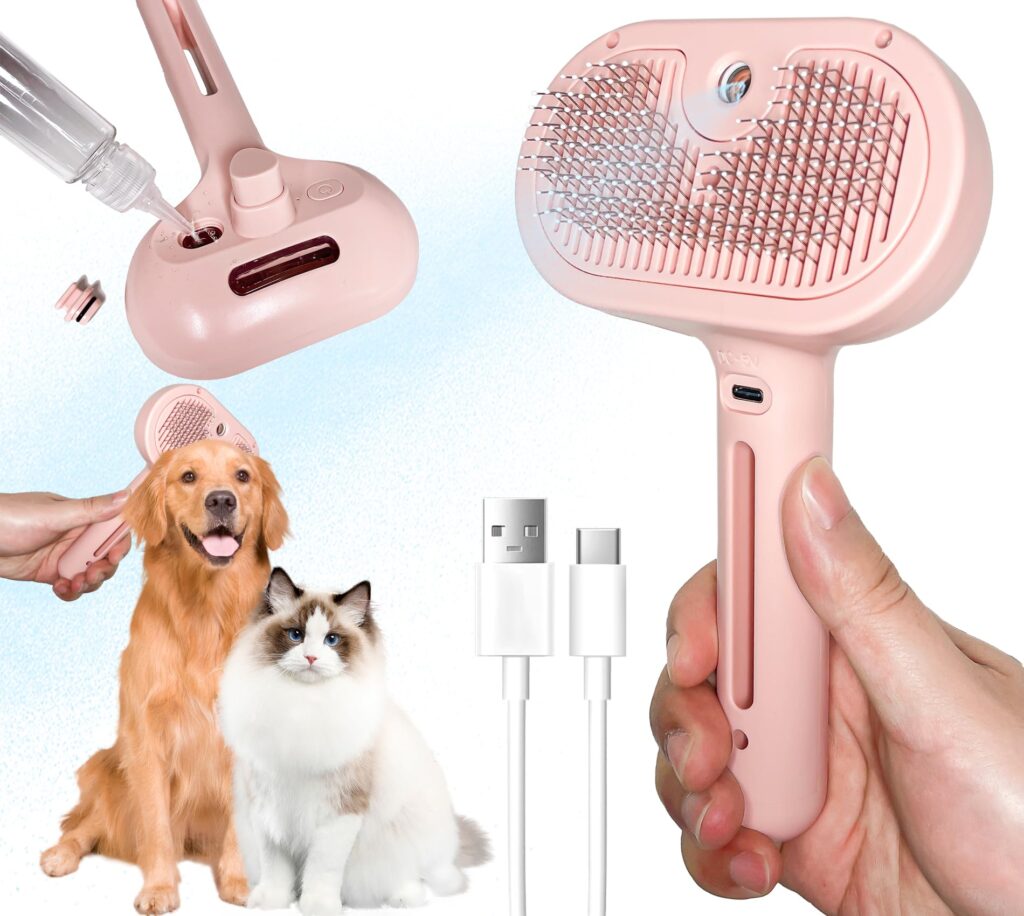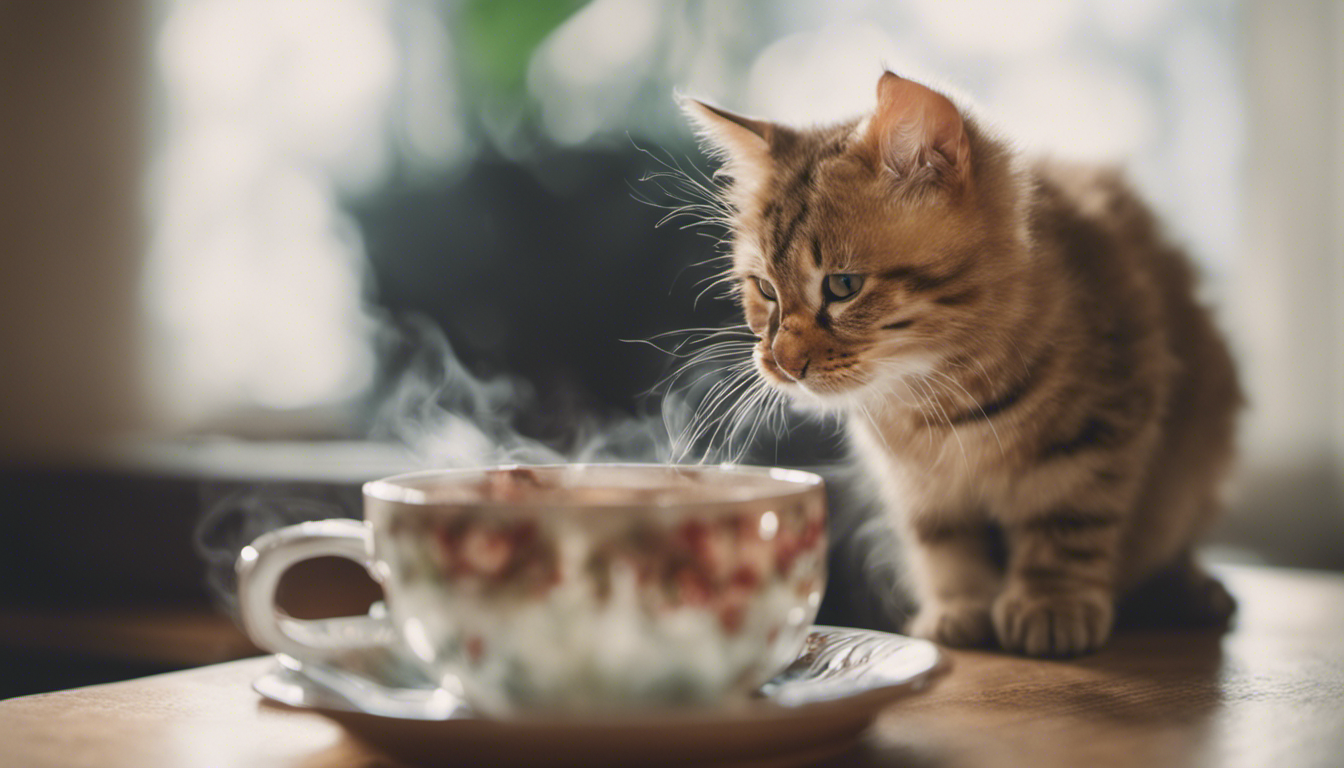
Your curiosity about whether your cat can partake in your morning caffeine ritual is valid. While sharing tea with your feline might be a gray area, coffee is a definite no-go for cats. Loaded with caffeine, it’s harmful to them; that is true even for decaf coffee, as it contains theobromine – another harmful stimulant for cats.
Keep your cat away from caffeinated beverages like sodas and energy drinks. Other caffeine sources to avoid include guarana, mate, and cacao. The Pet Poison Helpline notes that caffeine might also be listed as methylxanthine or xanthine on ingredient labels.
And caffeine isn’t just in beverages – it is also in diet aids, weight loss products, and certain medications.
If your cat sneaks a lick of a caffeinated drink, typically, there’s no need to panic. A lick or two won’t likely lead to poisoning for most cats. But cats are much smaller than humans, so what’s “a little” to us is a lot to them. According to Dr. Sarah Wooten, a veterinarian, around 80 milligrams of caffeine could be toxic to an average 8-pound cat – that is about 10 milligrams per pound.
Even though a cup of black tea contains about 50mg of caffeine – less than the toxic amount for the average cat – it’s better to be safe and keep your cat away from tea as well. Every cat is unique, and factors like size, age, and health influence their reaction to caffeine.
If your cat does ingest more than a sip or two, watch for symptoms of caffeine toxicity. Here’s a URL for more detailed information from the Pet Poison Helpline on caffeine toxicity in pets:
- Hyperactivity
- Restlessness
- Agitation
- Heavy or excessive panting
- Drooling
- Vomiting or diarrhea
- Shakiness or tremors; seizures can occur in extreme cases
- Increased heart rate
- Elevated body temperature
- Raised blood pressure
- Unconsciousness
Signs of caffeine poisoning in cats generally manifest within 30 to 60 minutes after they’ve ingested caffeine.
If you notice any symptoms indicating caffeine poisoning, contact your veterinarian immediately. If there’s any uncertainty about how much your cat might have ingested, it’s vital to get in touch with the vet as soon as possible for advice. A professional may suggest inducing vomiting to remove the toxins, but this should never be attempted at home without veterinary instruction. In most cases, the veterinarian will ask you to bring in your cat to manage the situation safely.
It’s not just beverages you need to be mindful of; unused coffee grounds, beans, tea bags, and dietary supplements can be just as dangerous if consumed by your cat.
Soft Drinks without Caffeine
When discussing beverages, it is important to think soft drinks too. Even those without caffeine should be kept away from cats due to their high sugar and sodium content. Additionally, diet or zero sugar soft drinks that contain artificial sweeteners and chemicals can be harmful to felines.
Cats lack a strong attraction to sweetness due to their taste buds not being geared towards it. Yet, cats may still show interest in sugary drinks. It’s part of their curious nature and desire to explore everything, including your beverages!
For insights into your cat’s particular taste preferences, exploring the topic of why cats can be picky eaters can be quite enlightening.
Why Do Cats Try to Drink Tea and Coffee?
Cats’ interest in tea and coffee might be puzzling given the risks, but it often comes down to their inquisitive behavior. The aroma of coffee, especially if cream is added, can be attractive due to the fat content. Similarly, the smell of herbal teas, with their dried leaves and fruits, may allure to a cat’s natural preferences, reminiscent of the great outdoors. And if the blend includes catnip, that’s even more enticing for them.
However, caution is advised before letting your cat taste decaffeinated herbal tea, as some ingredients might not be safe for feline consumption. Always check if the ingredients are cat-friendly before allowing your kitty to take a sip.
Cats Drinking Tea, A Complicated Subject
The topic of cats consuming noncaffeinated herbal tea is indeed a nuanced one. While some herbal teas may be touted for their potential health benefits for humans, these benefits do not necessarily translate to cats.
On the one hand, certain herbs can be beneficial to cats and may seem like a nice treat when brewed into a tea. However, it is important to understand that cats’ bodies are very different from humans’. Just because an herb is beneficial to humans doesn’t mean it’s safe for felines.
As for bonding over a cup of tea, while the concept is charming, it is essential to prioritize your cat’s health over the novelty of sharing this experience. A safer way to bond might be through play or simply spending quiet time together.
The downside of cats drinking tea is primarily the presence of caffeine and other compounds like tannins, which can be found even in decaffeinated varieties. Tannins can cause digestive upset in cats and may lead to more severe health issues.
What are Tannins?
Tannins are naturally occurring compounds in many plants and are known for their astringent qualities. They’re not inherently toxic but can be problematic in high concentrations, particularly for cats. While some tannins might be present in cat-safe supplements, these are usually at controlled levels that are deemed safe by veterinary standards.
The fact that black tea is the most consumed tea in the U.S. is a point of interest but irrelevant when it comes to feline health. Regardless of its popularity among humans, it’s not suitable for cats due to its caffeine and tannin content, not to mention the high sugar content in sweetened teas.
Herbal Teas and Cats
Herbal teas are a different matter since they’re not made from the Camellia sinensis plant and typically don’t contain caffeine. However, this doesn’t automatically make them safe for cats. Each herb should be evaluated for its safety and potential health effects on cats.
For example, chamomile is often recommended for its calming effects in humans, but it can cause allergic reactions in some cats. Other herbs, like peppermint, may be too strong for a cat’s sensitive digestive system.
Before giving your cat any herbal tea, consult with a veterinarian to ensure it is safe. They can advise on which herbs are harmless and in what quantity. Remember that many human foods and drinks, even those that are plant-based and natural, can be toxic to pets.
In summary, it’s best to err on the side of caution and keep tea, whether caffeinated or herbal, away from your cat. Always consult with a vet before introducing any new food or drink to your cat’s diet.
Can Cats Drink Herbal Tea?
Indeed, certain herbal teas can be safe for cats when they’re free of caffeine and other harmful substances, and when given in moderation. Always check with your vet first before offering your cat any new substance.
The benefits of herbal tea for cats vary with the type of herb used. Some, like chamomile, can help reduce inflammation and soothe itchy skin. Others, like echinacea and calendula, may support the immune system. Herbs such as valerian and catnip can act as calming agents, but should be given in very small, diluted doses.
Remember, even for herbs that are generally recognized as safe, individual cats may have different sensitivities or allergies, so monitoring is essential.
Catnip Tea Recipe for Cats
Here’s a simple catnip tea recipe your cat might enjoy:
Ingredients
- 1 cup warm water
- ¼ cup low sodium chicken broth or bullion
- 3 tablespoons of fresh or dried catnip
Preparation
- Place the warm water in a container with a tight-fitting lid.
- Add the catnip. Here, you can choose to place catnip in a tea ball to keep the mix just liquid or throw the loose herbs in the water for a gritty tea.
- Next, add chicken broth or bullion and tightly seal.
- Shake vigorously for a couple of minutes allowing bullion to dissolve or until the catnip has given the water and broth a greenish tinge.
- Serve ¼ cup of tea to your cat in a shallow bowl.
- Store the remainder in the refrigerator. Warm before serving.
Some tips to remember when making not just catnip tea, but any cat-friendly herbal teas:
- Keep the brew weak by steeping tea for half the amount of time of human consumption.
- Don’t offer a whole cup of tea concurrently. A small saucer with a few licks is all your kitty needs.
- Always check your herbal tea blends for caffeine or other cat-toxic ingredients.
- Watch for adverse reactions, like upset tummies, and discontinue if any occur.
Ultimately, whether you choose to share a tea-drinking experience with your cat is a personal choice for you and your household. Should you opt to explore cat-friendly teas, ensure you’ve done thorough research and consulted with your veterinarian for their input on the matter of cats consuming tea.
Enjoy your tea time with your beloved cat! And if you are on the hunt for additional activities to amuse your feline pal, think these 11 entertaining options to keep your cat engaged and happy.
